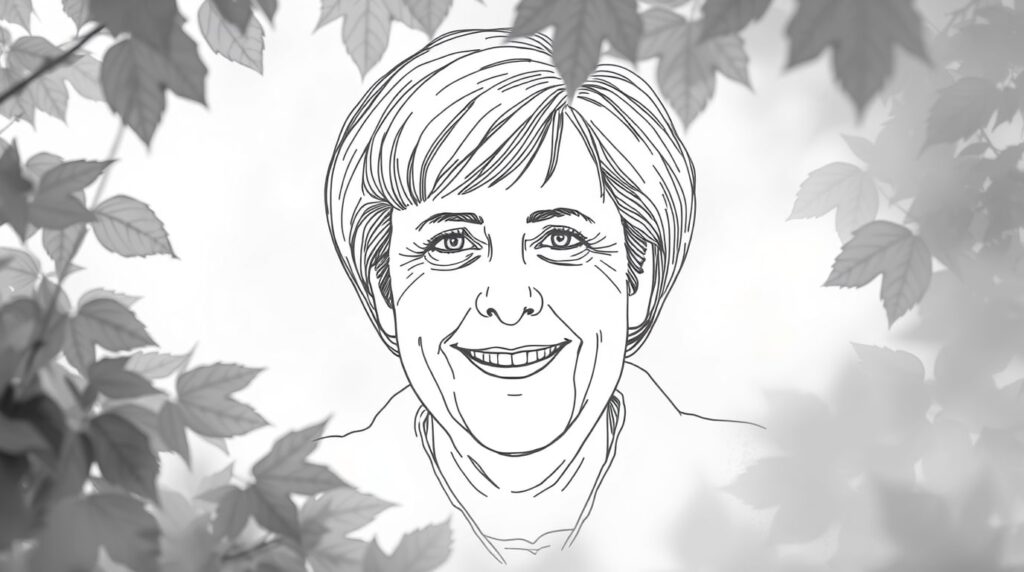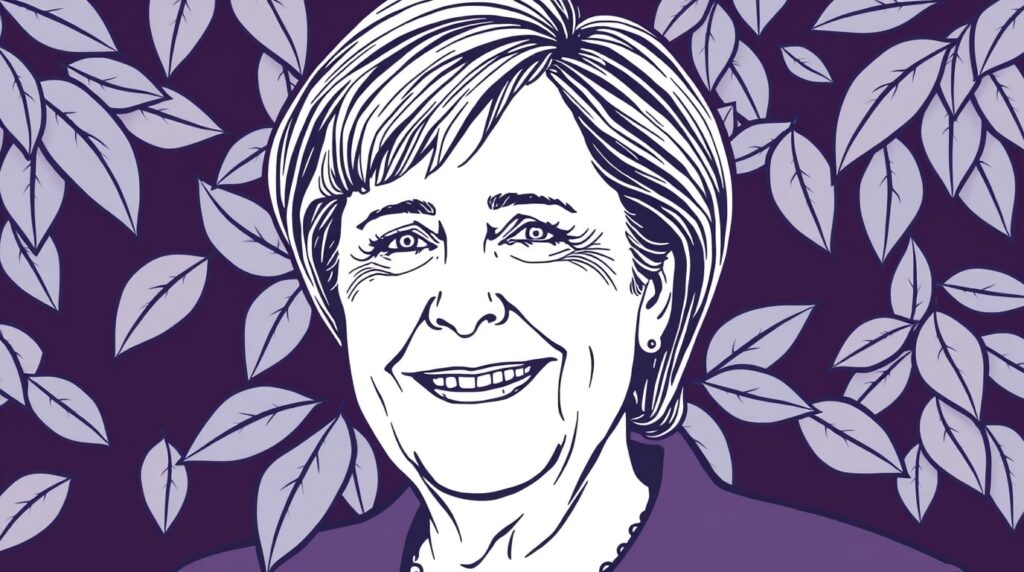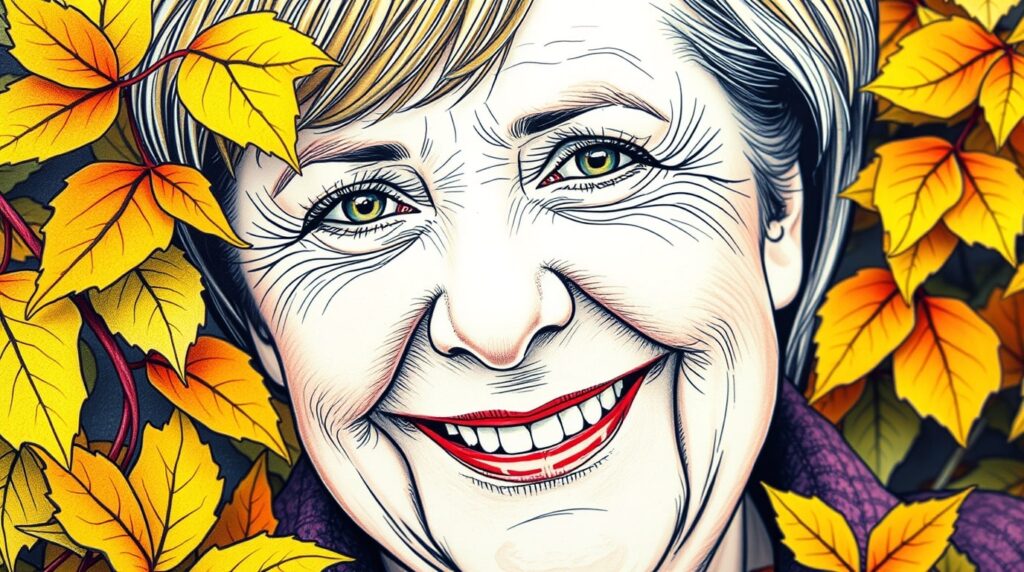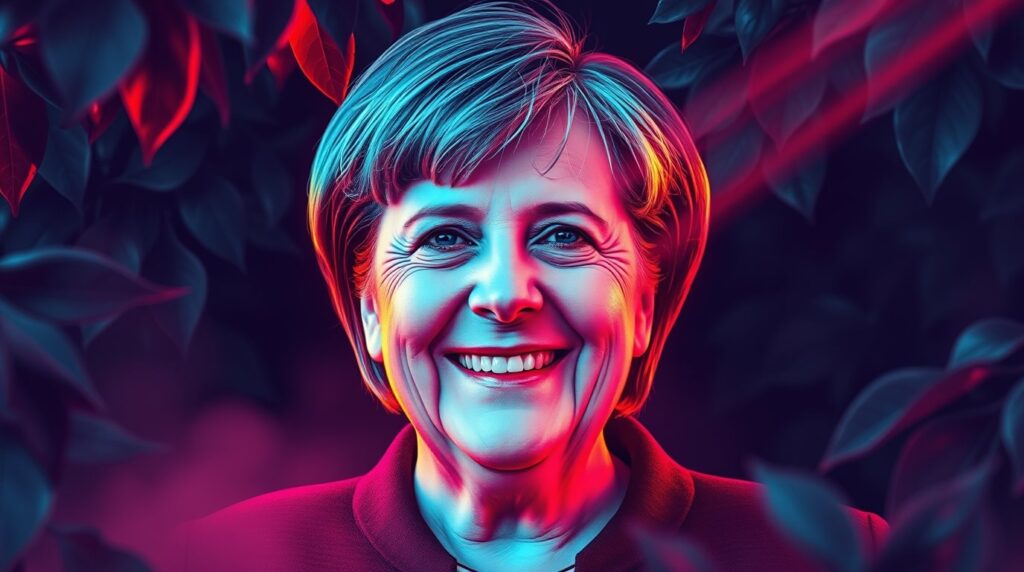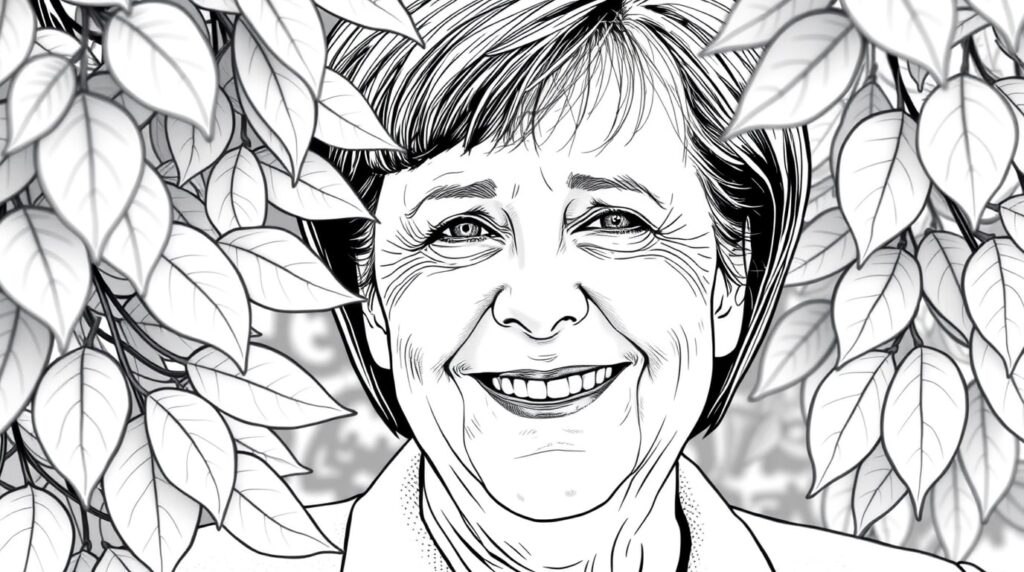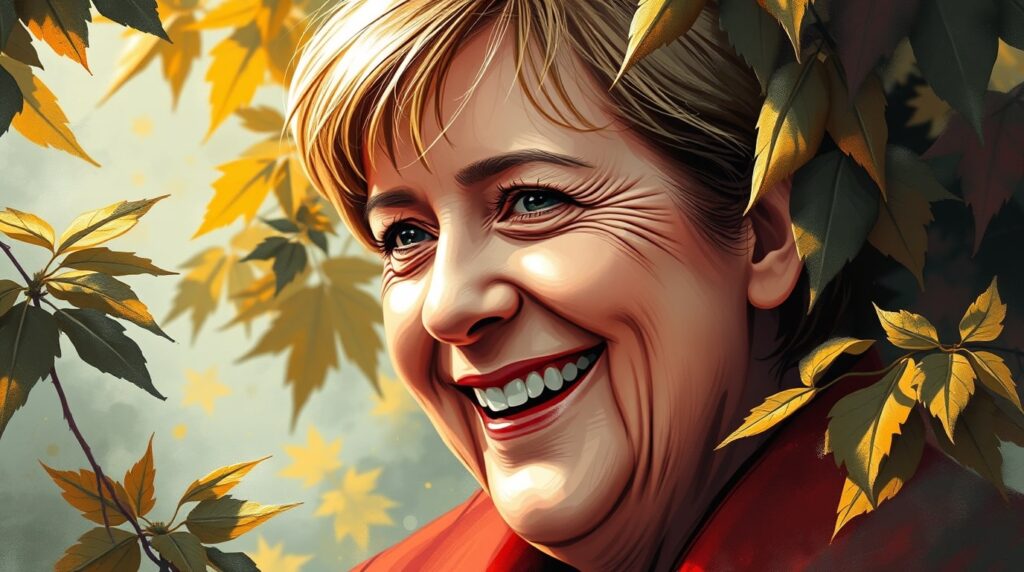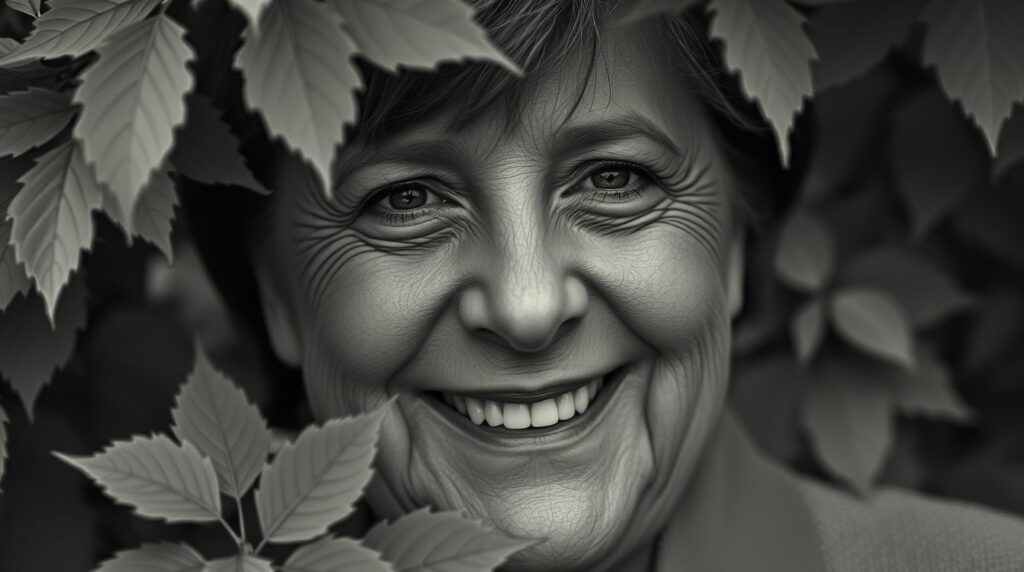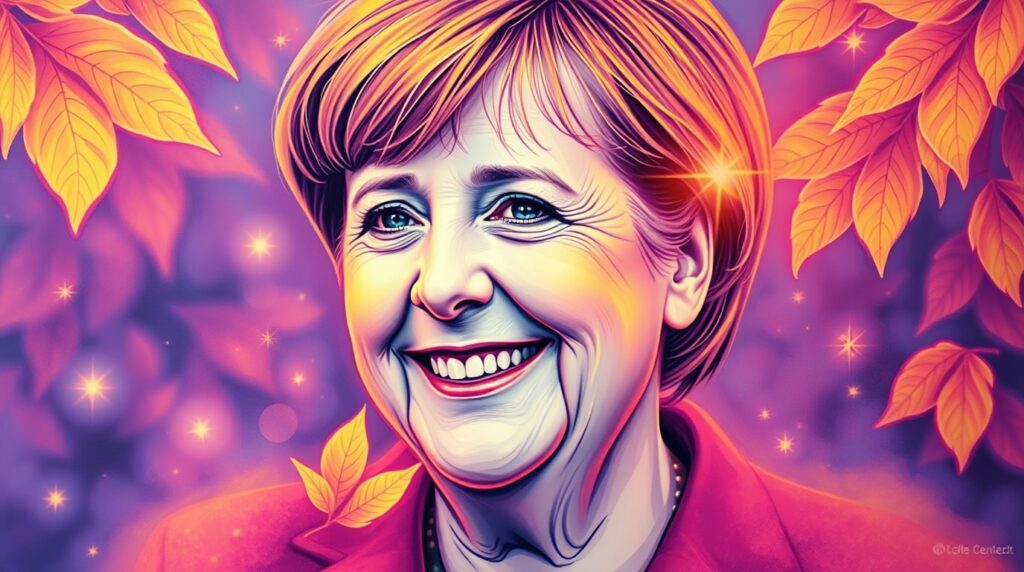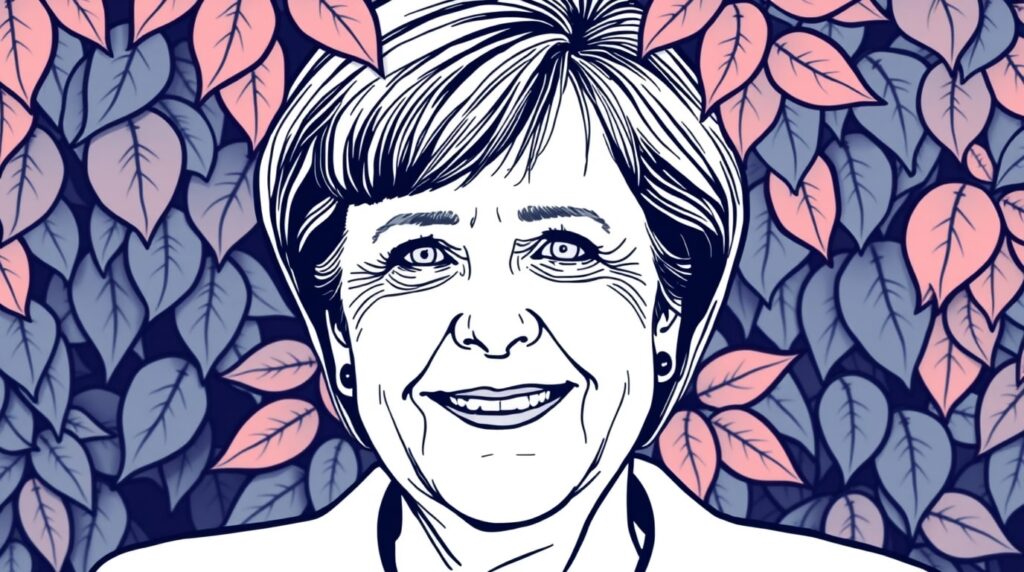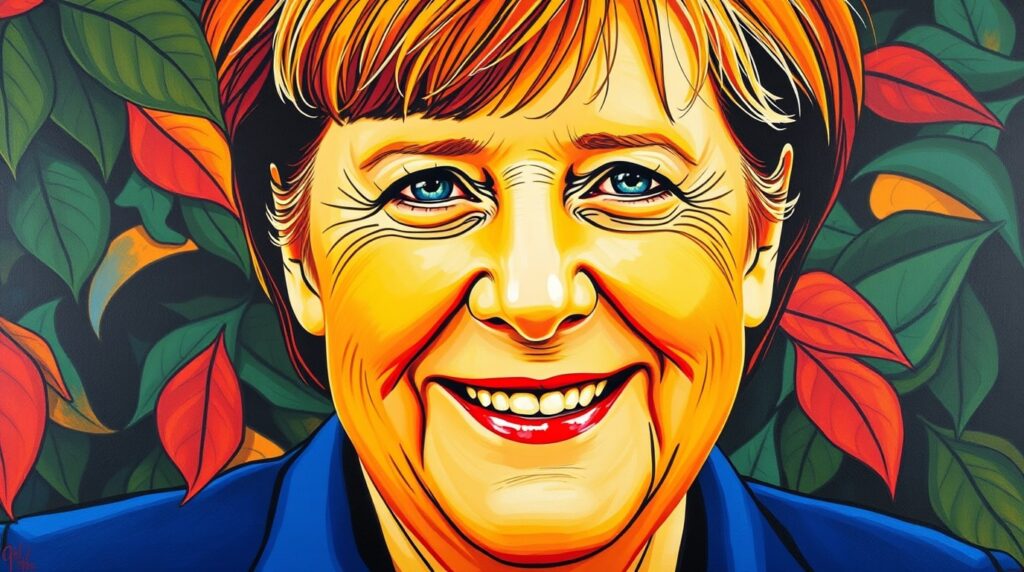Ah, Angela Merkel, the name that, for years, rang through the chambers of Brussels and the hills of Bavaria like a steady drumbeat of European diplomacy. Known for her level-headed leadership, signature pantsuits, and a calm demeanor that could probably put a hyperactive toddler to sleep, Merkel has been the EU’s de facto matriarch. But here’s the million-euro question: Can Merkel tackle the EU’s ever-expanding wealth gap? Spoiler alert: she’s not technically in office anymore, but hear me out, this is Merkel we’re talking about. She might have left the chancellery, but her aura lingers like a warm, slightly stern, metaphorical hug around Europe.
A Tale of Two Europes
Picture this: a bustling café in Paris where someone just ordered a 12-euro cappuccino, and a rural village in Romania where 12 euros might feed a family for a week. This, my friends, is the EU’s wealth gap in a nutshell. The richer member states like Germany, France, and the Netherlands are living their best first-world lives, while countries in Eastern and Southern Europe are still figuring out how to keep up in an economic union where the scales are… well, let’s say not exactly balanced.
Now, before we throw our hands in the air and say “C’est la vie,” let’s remember who we’re talking about. Merkel didn’t earn the nickname “Mutti” (mom) just because she handed out political snacks and bedtime stories. She’s the ultimate problem-solver, the kind of leader who probably organizes her spice rack by both alphabet and spiciness levels. Surely, if anyone could tackle the EU’s wealth gap, it’s her. Even post-retirement, there’s hope that her legacy might guide some solutions.
What’s in the Toolbox?
Now, fixing a wealth gap isn’t as simple as using duct tape and German efficiency. The EU has a few tools at its disposal, though, and Merkel has historically been pretty good at wielding them. Let’s break it down:
- Structural Funds: Think of these as the EU’s way of saying, “Don’t worry, we’ve got your back… sort of.” Billions of euros are poured into poorer regions to improve infrastructure, education, and job opportunities. Merkel’s Germany was often the biggest contributor to these funds, essentially playing the generous sibling in Europe’s family drama. But is it enough? Eh, the jury’s still out.
- Fiscal Policies: Merkel’s tenure saw heated debates over fiscal discipline versus spending freedom. Her approach leaned conservative, “Live within your means, folks!”, which, while sensible, sometimes left struggling economies like Greece feeling like they’d been grounded for crashing the family car. Still, her insistence on long-term stability over short-term band-aids has merit.
- Innovation and Green Growth: Merkel’s latter years in office saw a push for renewable energy and digital innovation. Could these sectors be the magic bullet to help struggling economies catch up? Possibly. If you can’t build a Silicon Valley in Portugal or Poland, maybe you can at least build a Solar Valley or a Wind Farm Wonderland.
The Merkel Effect
Even though Merkel’s not technically in charge anymore, her impact on EU politics is like that one song you can’t get out of your head. She’s influenced a generation of leaders, many of whom still look to her strategies and philosophies for guidance. And let’s not forget, Germany remains the EU’s economic powerhouse, a sort of big sibling who picks up the tab when things get dicey.
But tackling the wealth gap isn’t just about spreadsheets and policies. It’s about fostering trust and unity in a union that sometimes feels like a dysfunctional Thanksgiving dinner. Merkel was often the one keeping the peace, ensuring everyone stayed at the table, even when Uncle Greece and Aunt Netherlands started bickering over who ate the last piece of pie.
What’s Next?
As we move further into the 2020s, the EU’s wealth gap remains a colossal challenge. The pandemic widened the disparities, with richer countries bouncing back faster than their less affluent neighbors. Add in inflation, energy crises, and geopolitical tensions, and you’ve got a recipe for a very complicated casserole.
So, can Merkel tackle the wealth gap? Technically, no, she’s probably enjoying her well-deserved retirement with a good book and a cup of tea. But her legacy of pragmatic problem-solving, unflappable calm, and a belief in the power of unity might still hold the key to addressing this issue. Europe doesn’t need another Merkel, it just needs leaders who’ve learned from her.
A Light at the End of the Tunnel
If there’s one thing Merkel taught us, it’s that progress is possible, even if it’s slow and steady. Maybe the EU won’t close its wealth gap overnight, but with the right policies, cooperation, and a dash of Merkel-inspired wisdom, it just might get there. And hey, if all else fails, there’s always the option of inviting Merkel back for a guest appearance, Europe’s version of a superhero cameo. Wouldn’t that be something?
